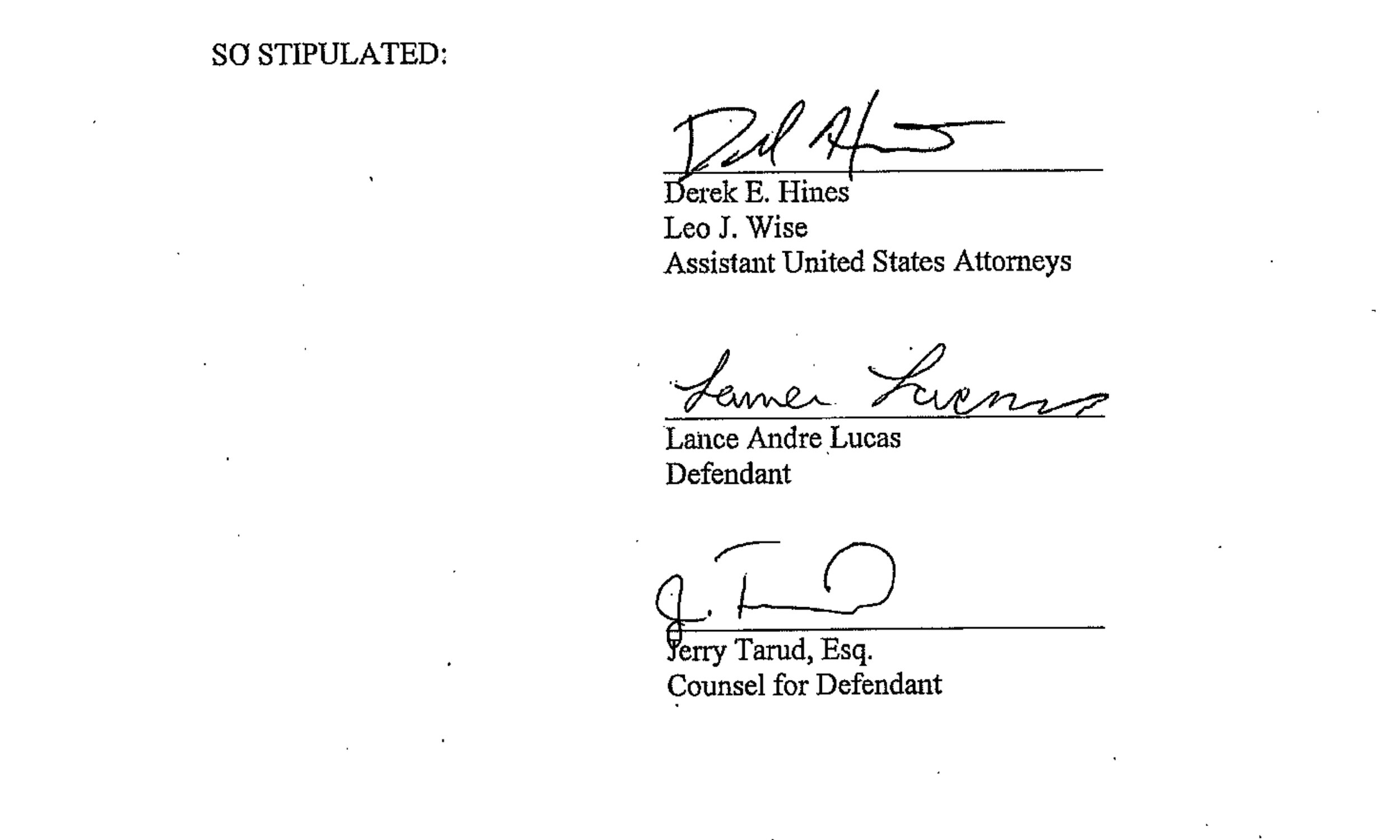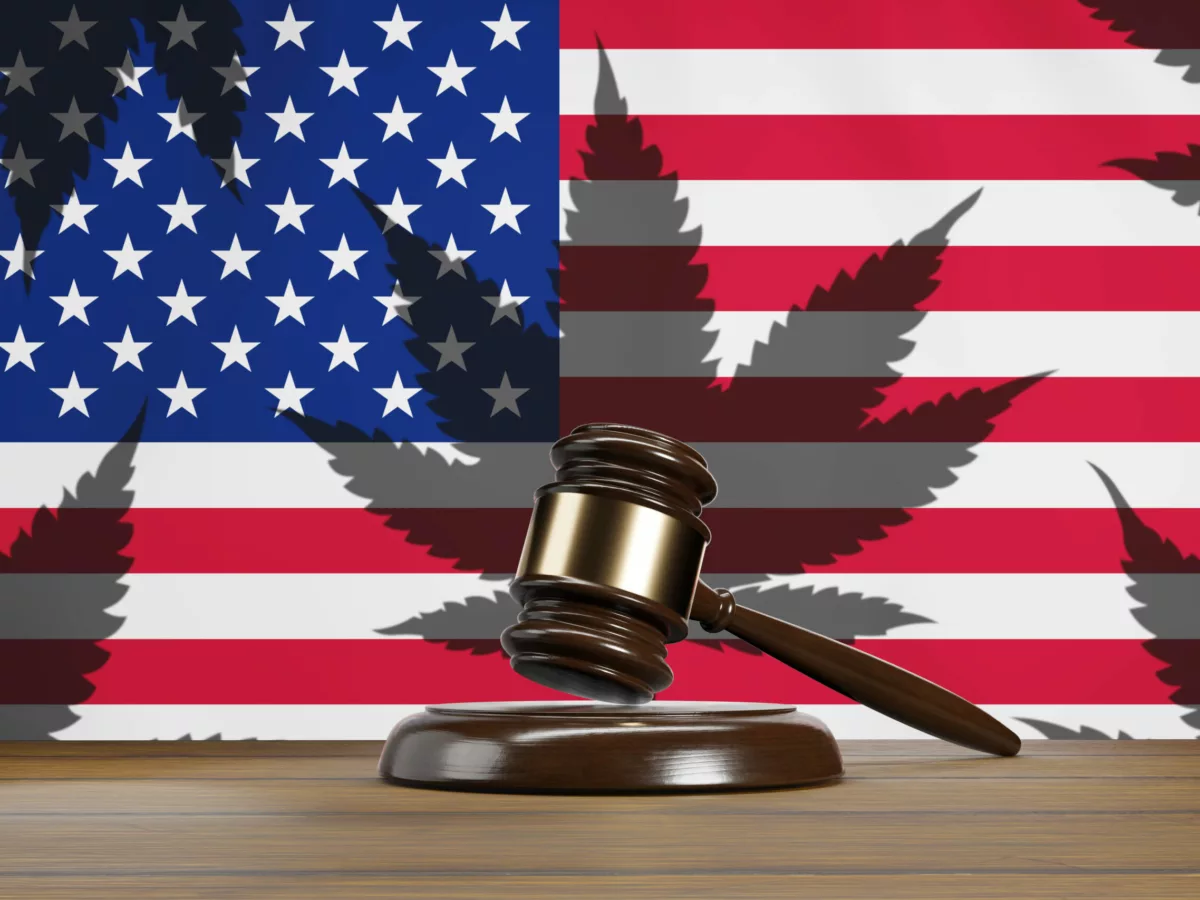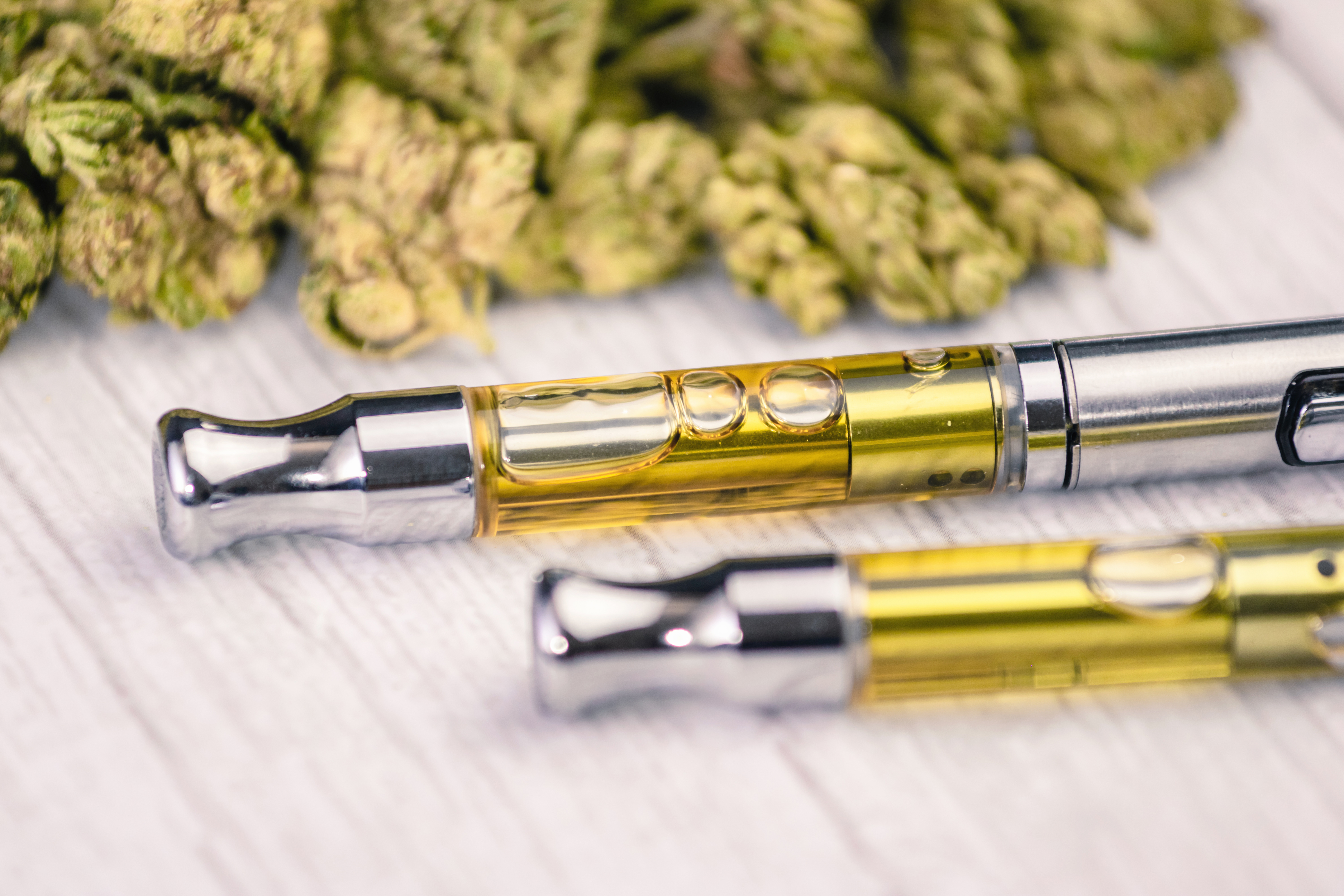After reading news coverage of Lance Lucas pleading guilty in federal court to bribing former Delegate Cheryl Glenn for among other things, medicinal cannabis licenses, you would be forgiven for reveling in the ridiculous details. Lucas meeting Glenn in his Porsche and handing her envelopes full of cash. Lucas boasting that bribing a legislator is “the least illegal thing” he has done and comparing himself to “007” because he is very good at keeping a secret, and so on. Meanwhile, Glenn, presumably to boost the amount of money she was receiving, invented a sympathetic delegate who also needed to be paid off and by the time she was taking money from Lucas, was already cooperating with the F.B.I.
It is the stuff of movies and worth reading the guilty plea in its entirety (embedded at the bottom of this post) if you have not already.
But the sordidness of the guilty plea along with a general disinterest by most of the press when it comes to the nuances of cannabis have made this just another story of corruption in hopelessly corrupt Baltimore. The guilty plea, however, has major implications for the future of the cannabis industry in Maryland.
Namely, it further complicates debates about racial equity. The medicinal cannabis licensing process favored white growers and processors and the attempts to adjust that inequity since 2016 have not been very successful. And there’s the fact that Glenn was a major advocate for black growers and processors and yet, she was taking bribes from growers and processors from a number of people, including Lucas, a black entrepreneur.
So, there are circles of corruption now. As many, including Joe Gaskins of the African-American Cannabis Association, argued, the limited license was a scheme from the start. “A few well-connected, out of state, wealthy white men orchestrated a heist from the beginning,” Gaskins said last month at a hearing regarding cannabis licenses.
If there are two “sides,” to the racial equity conversation, it is between those who got licenses and some of those who should have gotten licenses. And there was something like a compromise in the introduction of another round of licenses—an idea proposed and pushed by Glenn who then used the prospect of additional licenses to collect bribes.
Lucas’ guilty plea also connects the Maryland Medical Cannabis Commission (MMCC) into this controversy. Back in January, after Glenn pleaded guilty, the executive director of the MMCC William Tilburg, addressed concerns about corruption. He said Glenn did not provide feedback on any specific applicants: “No one has had any access to any nonpublic information,” Tilburg said at the time. “There were a lot of measures put into place by commissioners to ensure the impartiality of the evaluation process.” Lucas’ guilty plea presents attempts by Glenn to work around the “double blind” elements of the evaluation process to choose who was approved for a license.
The MMCC’s chair Brian Lopez is also referenced in the Lucas guilty plea. In late August 2018, according to the guilty plea, Glenn organized a meeting involving Lucas, people involved in an unnamed cannabis growing or processing company, and the then-chair of the MMCC. Lopez is not named but he was the chair then and is still the chair. Glenn later received money from Lucas for setting up the meeting with Lopez. There is nothing to suggest Lopez did anything wrong, and when Tilburg addressed the Glenn scandal, there was no reference to this meeting.
And this is where the speculation begins. After discussing the guilty plea with a number of people within the cannabis industry in Maryland, The Outlaw Report heard a number of the same questions and concerns. For example, given the years-long controversy surrounding licensing, some wondered why the MMCC did not mention that its chair had a meeting with a delegate who has since been indicted for taking bribes tied to licensing. One possibility is that the MMCC has been assisting with the corruption investigation.
The bigger question is who are the two companies Lucas claimed to be representing? The guilty plea refers to a “Company 2” and “Company 3” that Lucas bribed Glenn on behalf of in order to get them licenses or at least a better chance of getting a license. At the first full meeting of the MMCC back in February, the commission approved three dispensaries and gave nine dispensaries extensions on their timeline to be “licensed and operational.” By the time that meeting occurred on February 20, Lucas had already signed his plea agreement, which was dated February 4, but was not unsealed until his guilty plea on March 9. If either of the companies who Lucas was bribing on behalf of were approved, it could wreak further havoc on the medicinal cannabis industry.
One way to begin fixing the corruption issues, according to Delegate Darryl Barnes, the current chair of the Legislative Black Caucus, is House Bill 1449. The bill simply removes the number of licenses that can be given out and opens up medicinal cannabis to the free market and therefore, does away with any license caps and avoids the fraught attempts by MMCC and legislation to account for racial equity. Barnes has argued that HB 1449 solves the racial equity and corruption problem all at once.
“Opening up this license pool cuts down on the corruption, makes it more transparent, and it gives people an opportunity,” Barnes said at a February hearing for HB 1449.
But with the legislative session ending early due to the coronavirus, HB 1449, which has not passed either the House or the Senate, will most likely go nowhere this year.
For now, cannabis industry insiders wait for another indictment or guilty plea and whisper among themselves.






